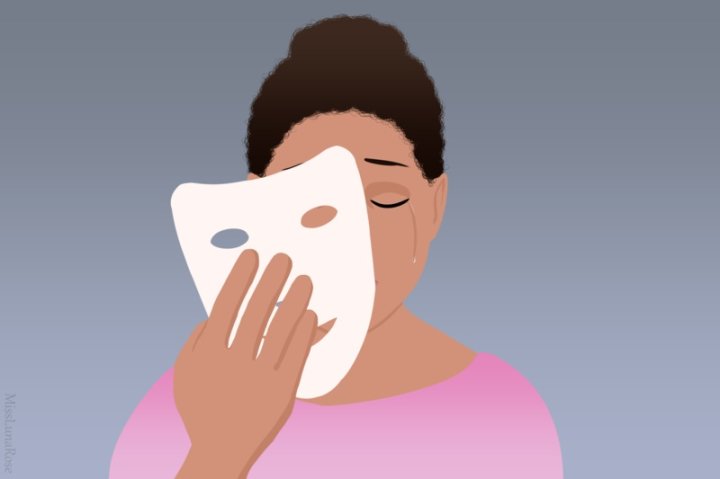Autism is a developmental disability that affects around one in every hundred people around the world (Mental Health Foundation). Although it can lead to people struggling with certain things, it’s important to remember that autistic people live happy and fulfilling lives.
If you suspect you might have autism, then it’s important that you get a confirmed diagnosis. This way, you can make any necessary adjustments to your life while also having support measures put in place if needed.

Table of Contents
How to Get an Autism Test
The best way to find out if you have autism is by getting an autism diagnosis Manchester professionals can give. This involves a trained professional looking at your learning history, behaviors, and more so that they can make a diagnosis. If you look at the symptoms below and can identify with all (or some) of them, you should definitely get tested for autism so you can have peace of mind and understand everything more clearly.
1. Repetitive Behavior
One of the main signs of autism in adults is ultra-repetitive behavior. Partnered with this is a strong dislike of having to change or temporarily stop doing your behaviors. For example, you might have to change the daily route that you take to work one day, and this then leads to you becoming extremely agitated or anxious.
The reason why autistic people take part in repetitive behaviors is because they provide them with a sense of security. Essentially, it’s a way for autistic people to cope with everyday life and the challenges that come with it. Naturally, when these repetitive behaviors are disrupted or broken, it can lead to strong outbursts.
2. Social Anxiety
Social anxiety is very common in people who have autism. Although social anxiety is generally accepted as a normal part of the human experience, it can get slightly out of control with autistic people to the extent that they’ll entirely avoid social situations or experience extreme panic while they’re taking place.
3. Sensory Overload
Sensory overload is when one or multiple sensory stimuli overwhelm an individual so much that they can’t cope with them. As a result, intense anxiety and the strong desire to escape a situation often take over.
Imagine for a second that you’re in an incredibly busy restaurant with loud music and lots of voices flying around. If you were to suddenly become overwhelmed by this and feel the need to go somewhere to calm down, then this would be an example of sensory overload.
4. Specific Obsessions and Interests
Often, autistic people will have highly specific obsessions and interests. This can be anything, from machines and technology to math and science. It’s also important to mention that these interests will sometimes revolve around collectibles which then lead to hoarding.
5. Communication Problems
Lastly, autistic people experience communication problems. This can range from struggling to read facial emotions to completely missing social cues. On top of this, an autistic person will sometimes have an extreme dislike for eye contact and find it to be stressful.
Summary
If you think that you might have autism, it’s a great idea to get an official diagnosis. You’ll then be able to move forward positively with a clear understanding of your condition and how you can adapt so you’re living the best life possible.




